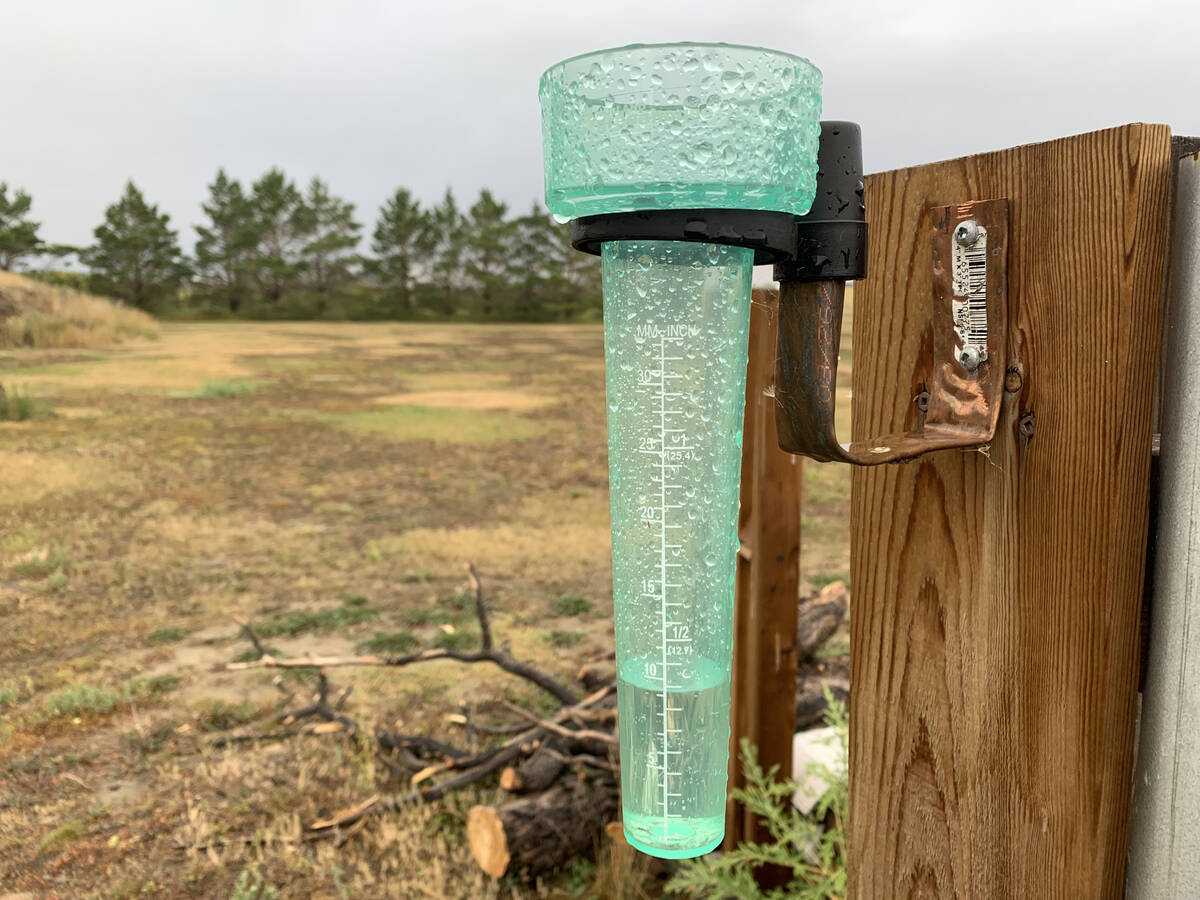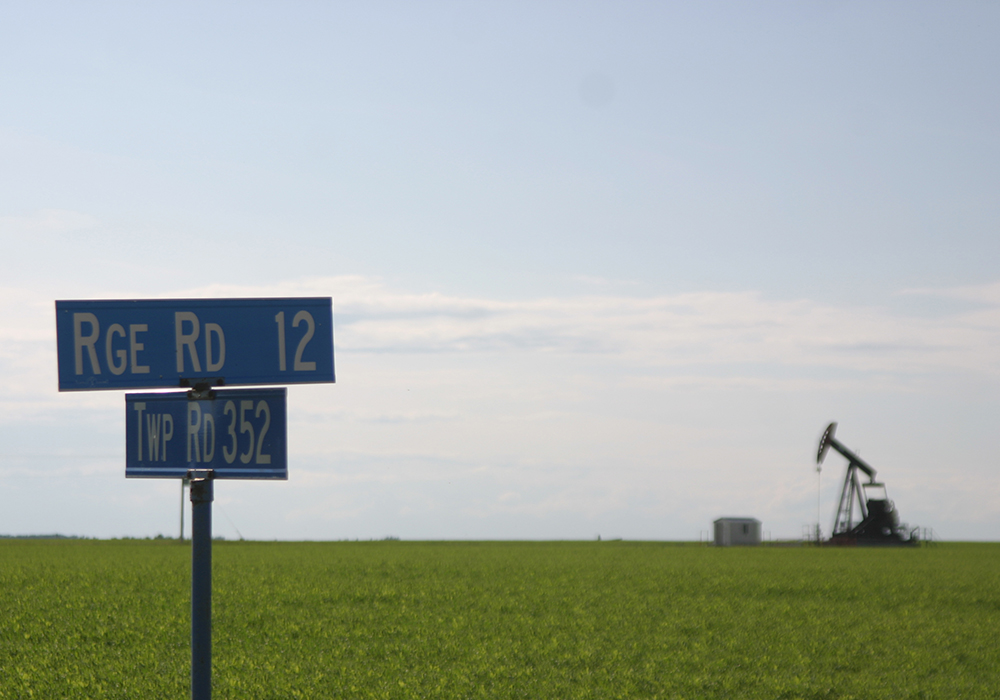Alberta’s rural municipalities are collectively owed about $253 million in unpaid property taxes by oil and gas companies enjoying soaring profits due to surging energy prices, says a rural leader.
Municipalities play a critical role in providing access to the province’s oil and gas resources, said Paul McLauchlin, president of the Rural Municipalities of Alberta. They are responsible for more than 70 percent of the province’s roads and 60 percent of its bridges, which are also relied on by farmers.
Rising oil and gas prices allowed the provincial government to commit Feb. 24 to a balanced budget, with a surplus expected for the upcoming fiscal year and the following two years. Meanwhile, rural municipalities are being “left behind, still unable to collect the taxes required to fund core infrastructure and operations,” said McLauchlin in an RMA statement.
Read Also

Southeastern Prairies get drought relief in September
September drought monitor from Agriculture and Agri-food Canada shows welcomed precipitation in coastal B.C. and southeastern prairies
“Not only is this unfair to municipalities, it is unfair to every rural taxpayer who must pay more or receive fewer services to offset those taxes not being paid by the oil and gas industry. It was unfair when the industry was struggling, and it’s even more unfair now.”
When taxes aren’t paid, it means “everyone else pays or services get cut. That’s not fair,” said an email by Scott Johnston, press secretary for Municipal Affairs Minister Ric McIver. As a result, an amendment was made last year to the Municipal Government Act that restored a special lien municipalities can use to retrieve property taxes, he said.
“The approach taken worked in most instances, but more is needed to ensure others don’t fall further behind. That’s why we will revisit this file to give municipalities more help in collecting delinquent taxes.”
Despite a new ability by the Alberta Energy Regulator (AER) to consider such taxes when approving oil and gas development, it is under no obligation to do so, said the RMA statement.
It added the AER is also relying on self-reporting of tax payment performance by the energy industry, rather than collaborating with municipalities. “If the political will was there, this issue could be solved quickly and simply through the AER,” said McLauchlin.
Meanwhile, thousands of producers have not received the surface rights payments they are owed by companies for having oil and gas wells on their farms, he said during an interview.
“In this day and age, you just shouldn’t be permitted to operate in the province of Alberta if you don’t pay your surface rights payment, or you don’t pay your taxes — it’s so simple. Anytime I am having this conversation with anybody that’s not living on the landscape, they’re going, ‘how is that even possible?'”
Although he said most companies pay their property taxes, a recent RMA tally revealed the total owed to member municipalities stood at about $253 million as of Dec. 31, 2021. It represents an increase of 3.3 percent compared to $245 million in 2020.
However, it marks an increase of 213.2 percent from about $81 million in 2018, and 46.7 percent from about $173 million in 2019.
It occurred as municipalities agreed to several tax breaks in 2020 for Alberta’s then-ailing energy industry at the urging of the provincial government. They include a three-year tax holiday for new wells for the 2022 to 2024 tax years, said McLauchlin in the RMA statement.
“Last year, the number of new wells increased by 135 percent compared to the previous year and this growth is likely to continue.”
Drilling rigs are placing more strain on existing municipal bridges and roads, along with increased maintenance activity at older wells, said the RMA. There is also a growing need to upgrade or add new roads and bridges to reach previously untapped resources, it added.
Meanwhile, many rural municipalities “have had no choice but to reduce services levels, increase tax rates on other property owners, and in some cases even lay off staff. These decisions impact all rural residents and businesses, and often cancel out the local economic benefits that oil and gas industry growth should provide.”
Although the special lien can potentially be applied to everything from oil wells to drilling equipment, McLauchlin said during the interview such assets can be owned “by a number of companies in the Cayman Islands… so putting a lien on someone that’s actually in default, for example, we end up penalizing someone that’s not an entity.”
Municipalities need help from the provincial government to navigate how to use liens, said the RMA.
However, Johnston said “this lien helps close loopholes that let a few bad actors ignore the rules. More importantly, it gives those companies a reason to work with municipalities on payment plans that might benefit both of them.”
The Alberta government last year also extended the Provincial Education Requisition Credit (PERC) program to the 2023-24 fiscal year. It allows municipalities to offset unpaid education taxes from oil and gas companies with an equivalent tax credit.
Contact doug.ferguson@producer.com
















